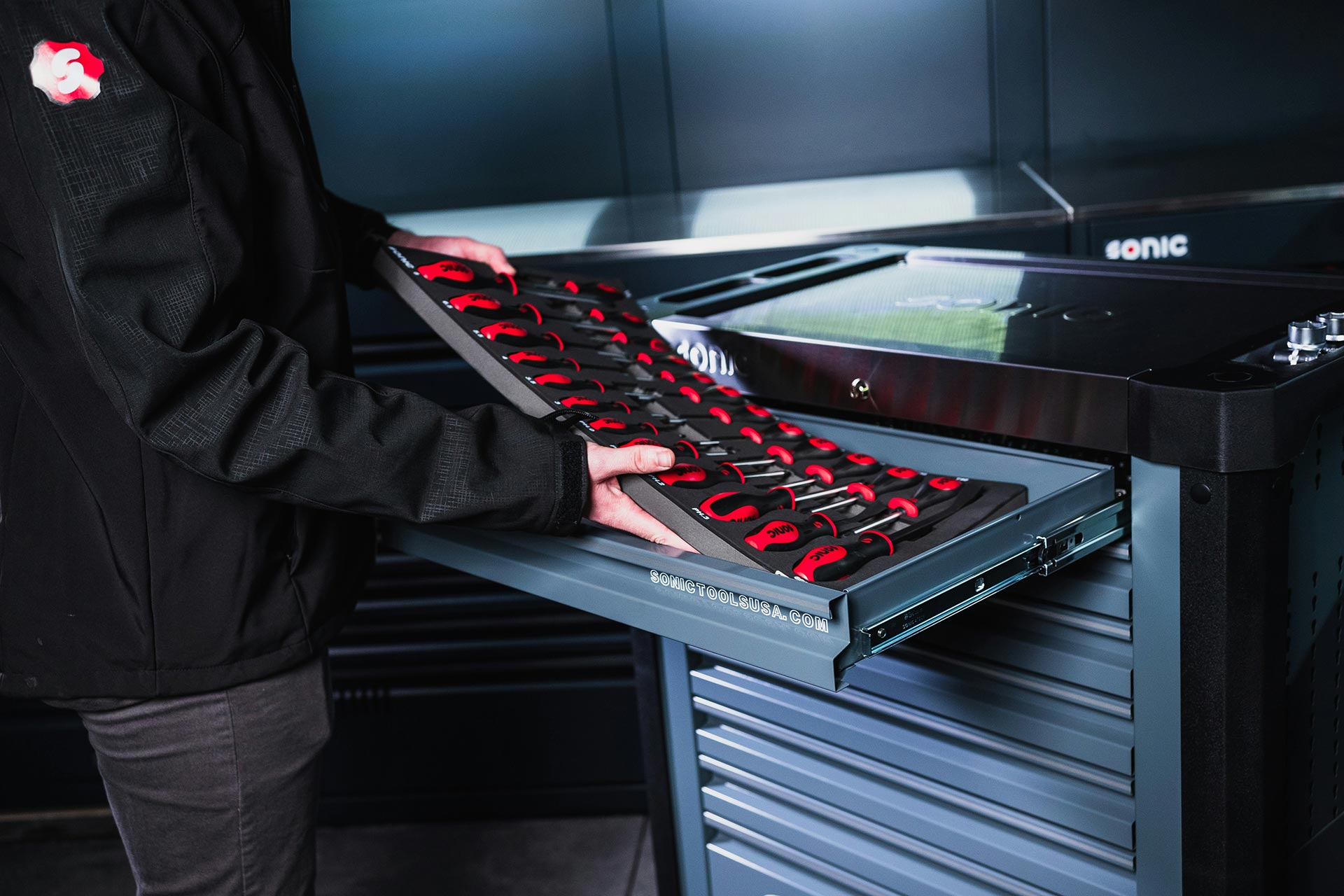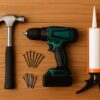The Ultimate Fixings Checklist: What Every Toolbox Should Have
Every DIYer or tradesperson knows that a good toolbox isn’t just about having the right tools — it’s also about having the right fixings. Whether you’re assembling furniture, hanging shelves, or sealing a bathroom, having a variety of nails, screws, and caulk types on hand ensures you’re ready for any job. Here’s the ultimate fixings checklist to keep your toolkit ready for action.
1. General-Purpose Nails
Nails are a basic but essential part of any toolbox. They’re quick to install and ideal for structural tasks.
Must-have types:
- Common nails: For framing and heavy woodwork.
- Finishing nails: Smaller heads for trim and decorative work.
- Brad nails: Perfect for lightweight carpentry and detail work.
Storage Tip: Use a divided container to keep different sizes and types organized.
2. General-Purpose Screws
Screws offer strong holding power and precision. Unlike nails, they can be easily removed or adjusted.
Must-have types:
- Wood screws: For wooden joints and furniture.
- Drywall screws: Ideal for plasterboard and light-duty wall fixings.
- Multi-purpose screws: Good for various materials, including plastic and light metal.
Lengths to stock: 25mm, 40mm, and 50mm to cover most common DIY tasks.
Pro Tip: Invest in a quality screwdriver bit set to prevent stripping screws.
3. Wall Plugs (Rawl Plugs)
Wall plugs are essential for securing screws into plasterboard, brick, or concrete. Without them, screws can pull out under pressure.
Must-have types:
- Standard wall plugs: For general use in masonry.
- Toggle or spring toggle plugs: Ideal for hollow walls and ceilings.
- Expanding plugs: Perfect for heavy-duty applications.
Color coding: Often color-coded by size – learn the key ones (e.g., red = 6mm, brown = 7mm).
4. Sealants and Caulk
Sealants are often overlooked but vital for moisture control, insulation, and aesthetics. Keep a few types in your kit to cover different needs.
Must-have types:
- Acrylic caulk: Best for indoor trim, gaps, and areas to be painted.
- Silicone sealant: Waterproof and flexible – perfect for bathrooms and kitchens.
- Decorators caulk: Easy to work with and great for skirting boards or coving.
Extras to stock:
- Caulking gun
- Masking tape
- Smoothing tool or wet finger
5. Anchors and Fixing Kits
Sometimes you need specialised fixings for specific jobs.
Helpful extras:
- Hook-and-eye kits: For hanging picture frames or light fixtures.
- Frame fixings: For attaching window or door frames to masonry.
- Screw cap covers: To give a clean finish on visible screws.
Bonus Tip: Label Everything
As your fixings collection grows, it’s easy to lose track. Label containers clearly by type and size — it saves time and reduces the risk of using the wrong fixing.
Conclusion
A well-stocked fixing kit ensures you’re always prepared, whether you’re doing light home repairs or tackling a full renovation. With the right mix of nails, screws, wall plugs, and caulk, your toolbox becomes a one-stop solution for most jobs.
Next time you’re in the hardware store, use this checklist to fill any gaps — future you will thank you!







